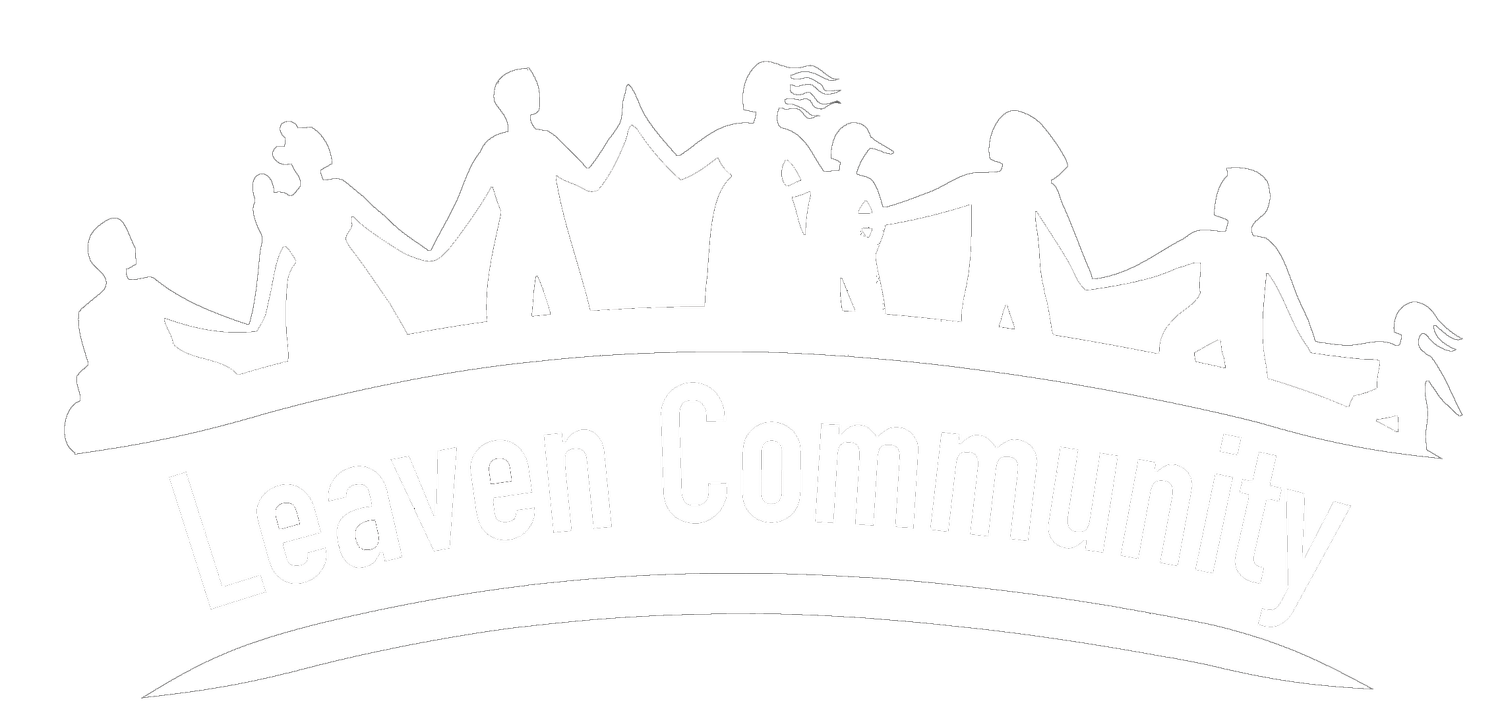by Alison Killeen
This past Tuesday was my son’s first day of Kindergarten.
Our little family has been anticipating this milestone for a long time. My partner Brian and I have been talking about it with Haneul all summer long, trying to prepare him for a new rhythm of life.
We didn’t know how it would go - but we did know that Haneul would have buddies. Four classmates from his preschool down the road would be attending the same elementary school.
As we gathered nervously in front of the school doors, we heard a familiar little voice: “Haneul!” A boy with bright pink glasses, a mop of curly hair and an irresistible grin bounded toward us and gave Haneul a big hug. Soon, two more familiar faces were alongside them, and it was time to say goodbye.
Haneul turned toward us and his face began to crumple. He buried his face in Brian’s neck and told us that he didn’t want to go. But then, we heard that familiar little voice again:
“Haneul! You’ve got this, buddy! I know you can do it, Haneul! Here - take my hand. We can walk in together!” As Haneul turned, his bespectacled friend took his hand, then held out his hand to another child.
Before we knew it, four brand new Kindergarteners stood holding hands, looking at one another in wonder as they faced down their new school doors.
Haneul turned to look at me, and I smiled, nodded, and waved. Then he looked back to his friends, and somehow, slowly, together, they took their first steps through those big new doors.
Doing the Hard Things, Together
From the mouths of babes, right? I’ve been telling this story to everyone who will listen. Was there ever a better reminder that when we’re scared, uncertain, or facing huge challenges, that it is easier to face them in community?
What are the Big New Doors you're facing? Is it a chronic illness that is taking a turn for the worse? Perhaps it’s the lingering grief from losing a loved one - or a broken relationship that just can’t seem to find repair?
“You’ve got this, buddy! I know you can do it!”
What about the Big New Doors we’re facing together? Is it the climate crisis that’s taken a turn for the worse? Perhaps it’s the lingering grief and rage from the impacts of racism we see in our city - or broken systems that just can’t seem to find repair?
"Here - take my hand. We can walk in together!”
Reweaving Our Community
The true miracle of Leaven Community, to me, is that we know that our commitment to relationship and love are the building blocks to making positive, beautiful and concrete change in the world.
When we accompany one another through each others’ griefs, we are weaving the fabric of a community that is interdependent and strong. And when we share and listen to our stories of rage and fear, the warp and the weft of our weave become ever more resilient, ever more connected, and ever more whole.
This Fall, we are Reweaving Our Community at Leaven:
We are leaning into the rhythms of daily life together with Wednesday Community Meals
We are continuing our sacred rest practices in the midst of a chaotic election, even as we mobilize for voter turnout in areas where the vote is suppressed
We are skilling up on community organizing and launching our Community Resilience Hub Core Organizing Team
And there is so much more that is happening in the building and in the life of the wider community!
So the next time you’re feeling alone, uncertain, and facing some Big New Doors of your own? Come on down to Leaven Community.
“Here - take my hand. We can walk in together!”



